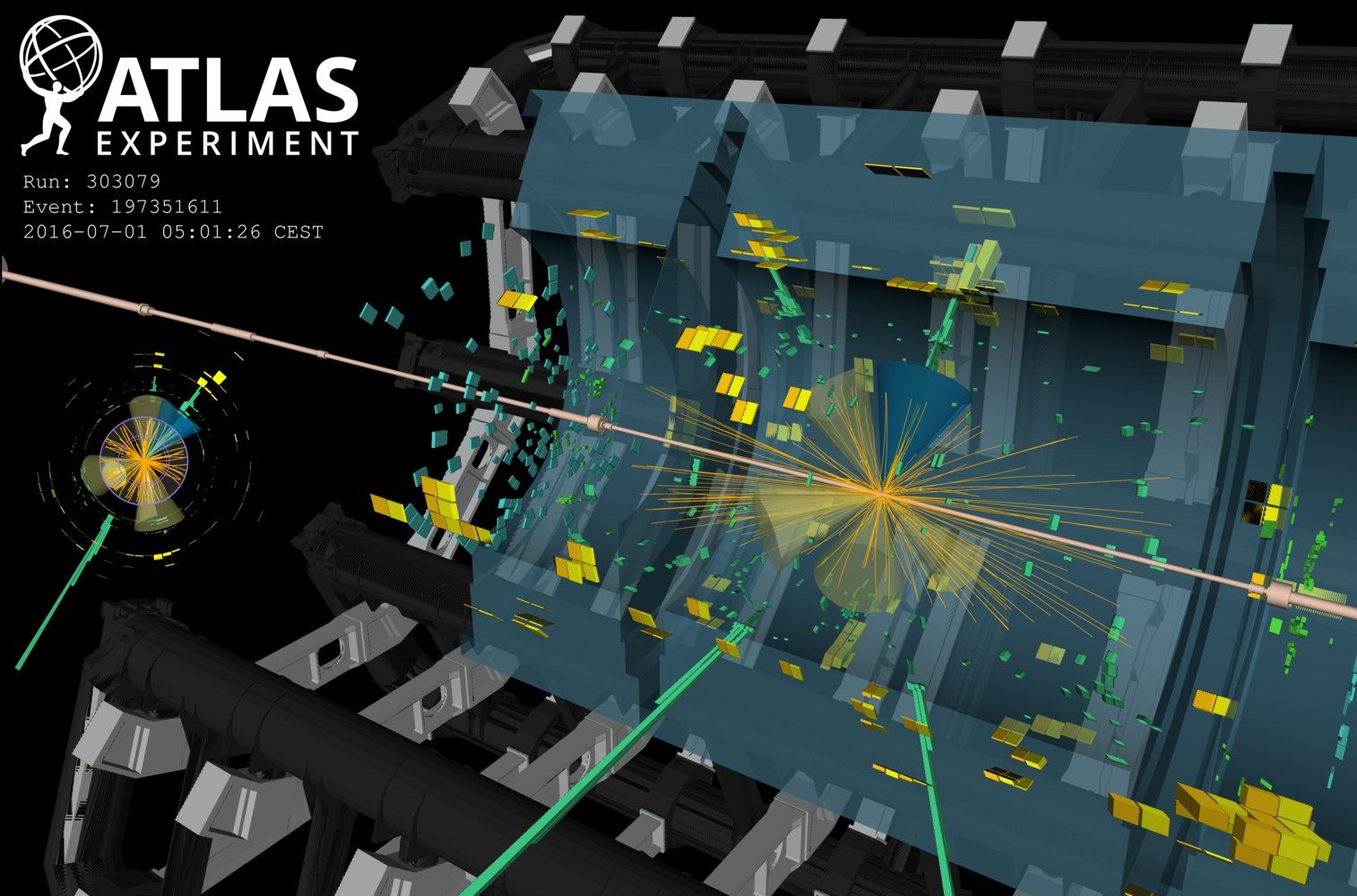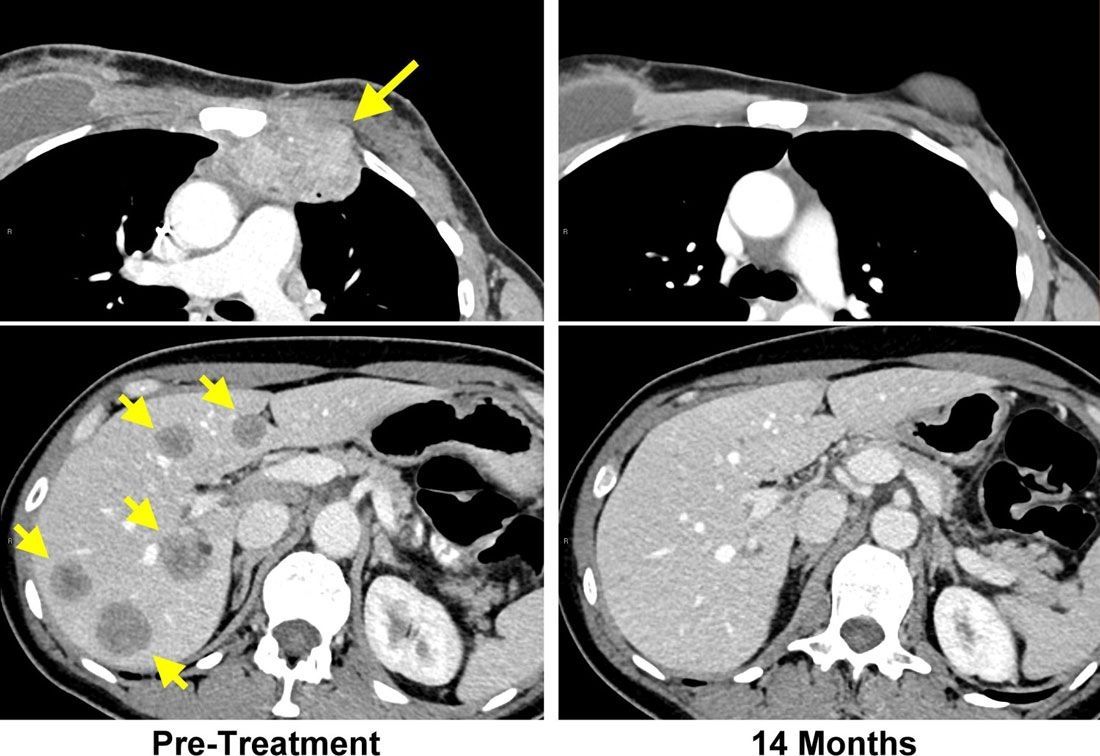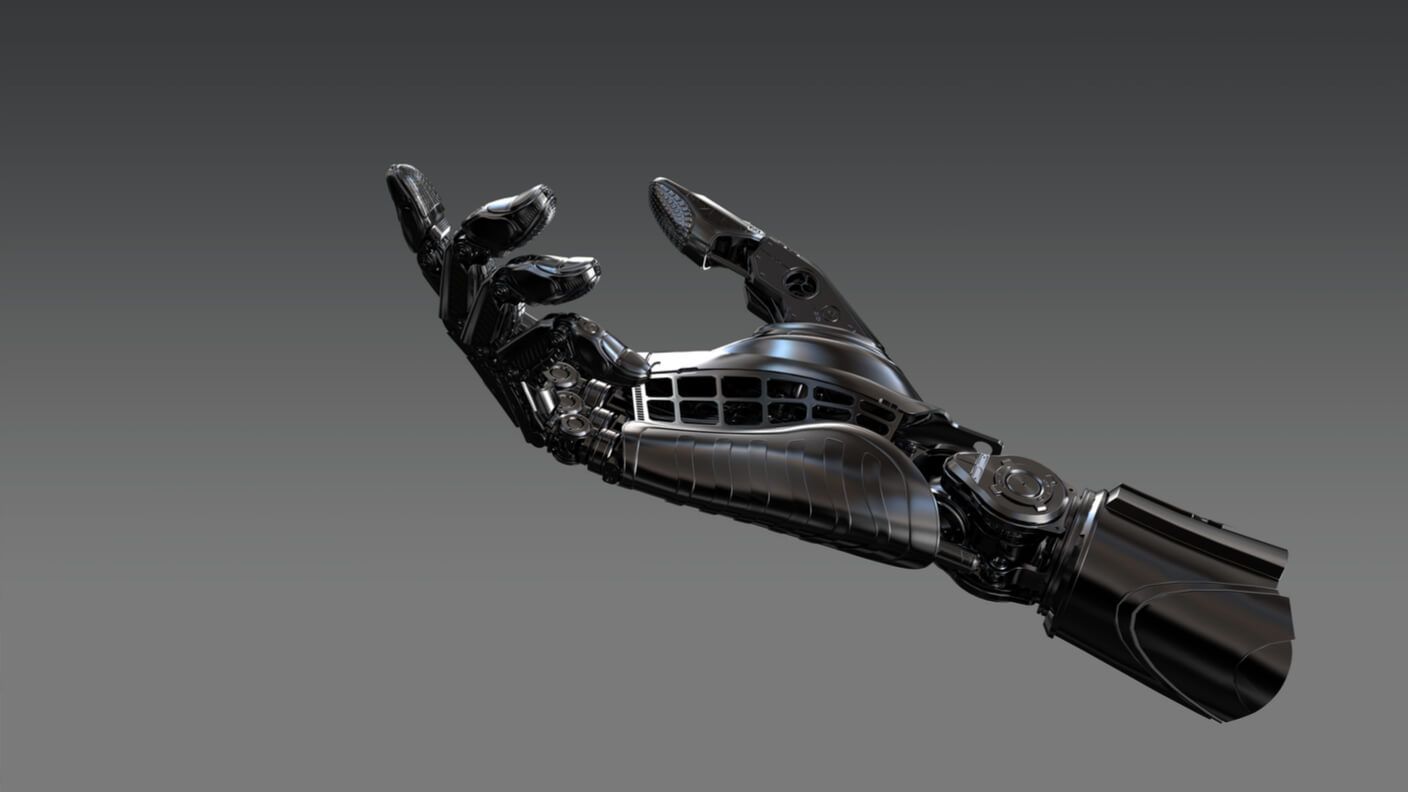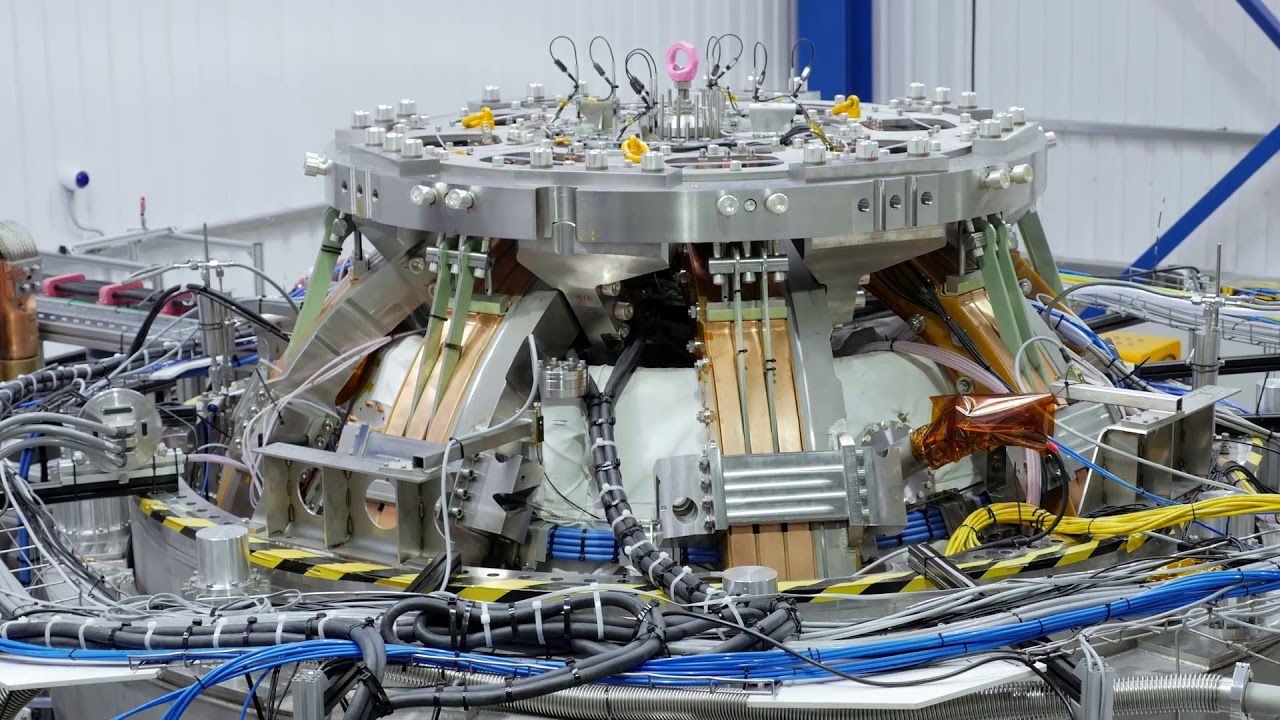
The Higgs boson appeared again at the world’s largest atom smasher — this time, alongside a top quark and an antitop quark, the heaviest known fundamental particles. And this new discovery could help scientists better understand why fundamental particles have the mass they do.
When scientists at the Large Hadron Collider (LHC) first confirmed the Higgs’ existence back in 2013, it was a big deal. As Live Science reported at the time, the discovery filled in the last missing piece of the Standard Model of physics, which explains the behavior of tiny subatomic particles. It also confirmed physicists’ basic assumptions about how the universe works. But simply finding the Higgs didn’t answer every question scientists have about how the Higgs behaves. This new observation starts to fill in the gaps.
As the European Organization for Nuclear Research (CERN), the scientific organization that operates the LHC, explained in a statement, one of the most significant mysteries in particle physics is the major mass differences between fermions, the particles that make up matter. An electron, for example, is a bit less than one three-millionth the mass of a top quark. Researchers believe that the Higgs boson, with its role (as Live Science previously explained) in giving rise to mass in the universe, could be the key to that mystery. [Top 5 Implications of Finding the Higgs Boson ].
Continue reading “The Higgs Boson Has a New Friend” »

















